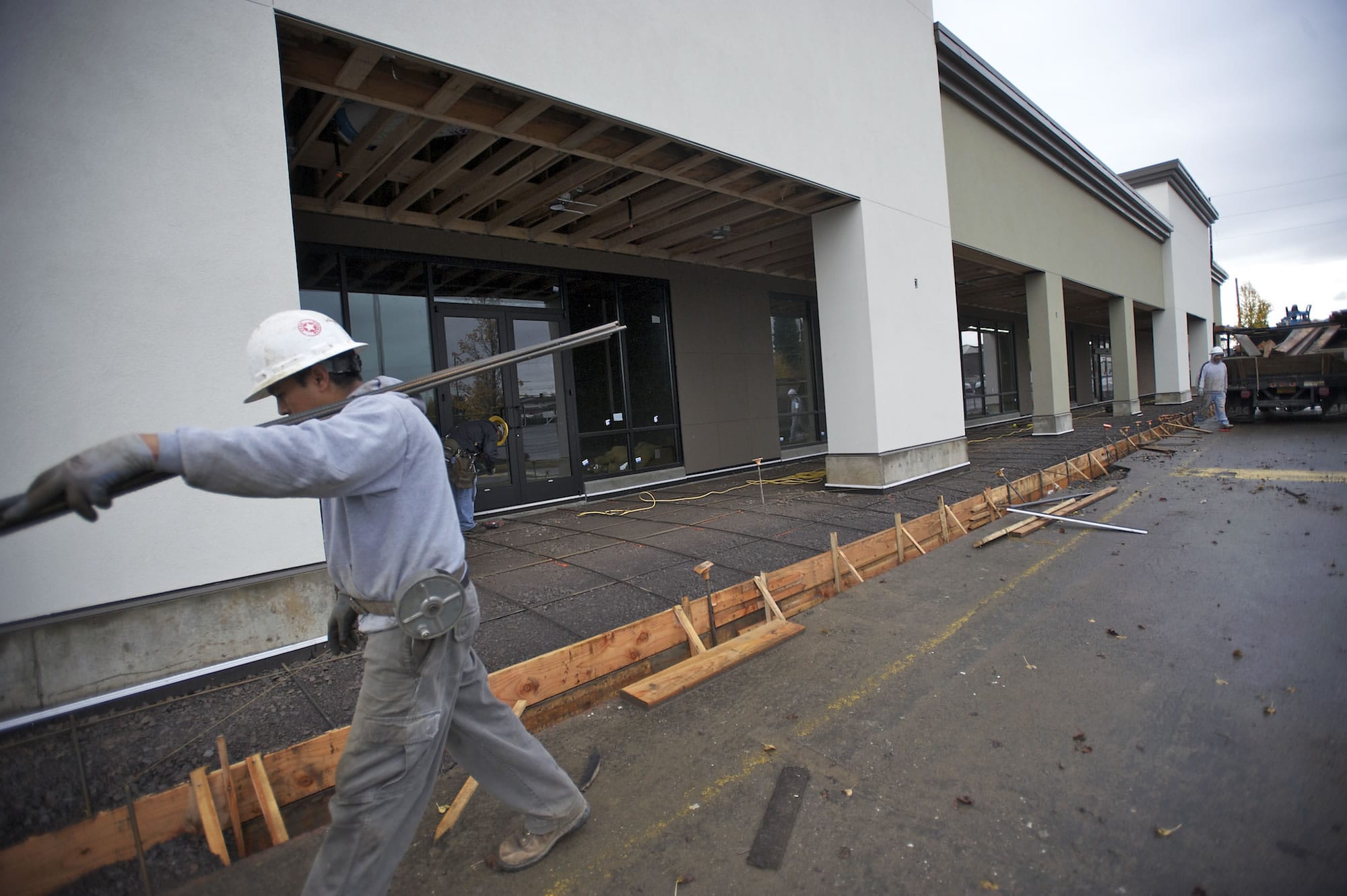Commercial development has changed substantially over the last five years. Gone are the days of building primarily on market speculation. Lending standards are more stringent, requiring personal equity and guarantees. Most developments are the product of assimilating smaller projects into a larger development.
Large retailers have repositioned into Portland, knowing Clark County residents will travel to save retail sales tax on higher-priced consumer goods.
Clark County will become more attractive as the local economy strengthens, purchasing power grows, and increasing travel costs provide an impetus to stay local. Until then, retail development will continue to be driven by smaller businesses.
The earliest that large-scale retail development will occur is 2014. Market drivers will include positioning into centralized locations to take advantage of underserved markets and higher growth areas, as well as shifting demand of lower cost consumer products from overstressed stores.
Online sales will continue to grow and limit the need for carrying large inventories at physical locations. Between 1999 and 2009, total retail sales in the U.S. increased by 29 percent. During the same time, online sales increased 10-fold — 1000 percent. Online sales still represent only 4 percent of all sales. With the expanded reach of digital technology, online sales are expected to represent an increasing share of all retail activity.
Office demand will continue to increase as a result of small operations’ needing to expand from in-home operations or small back-office spaces. Large-scale office demand will result from footloose firms’ seeking a friendly regulatory and low-tax environment. Locations close to services and quality amenities are of greatest demand.
Centralized conference rooms for training, teleconferences, and business meetings are essential. Business functions that drive office demand currently include logistics, sales, finance, and research & development.
Paul Dennis is president and CEO of the Camas/Washougal Economic Development Association



